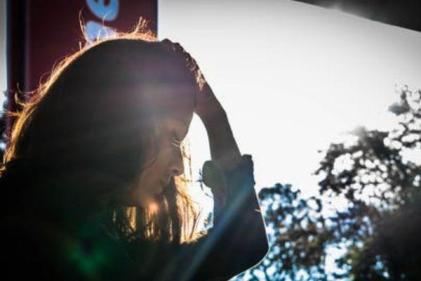
Ideally we would like to be able to protect our children's childhood innocence and shelter them from the horror news stories as much as possible. However, because of the ubiquitous nature of digital media, the chances are they are going to come across material pertaining to it. So what can we do?
It's important to offer some clarification on the topic so as to counter their imaginative fantasies, which may go into overdrive - especially if they have an anxious tendency.
Parents should first work out how they want their children to understand these events, and therefore some preparation for this conversation is advisable. This is a tricky topic; ask your child what they know about the attacks and what their understanding of the events are. Your approach will be determined by the age of your child and their natural resilience. You know your child best and therefore know what to best to tell them in terms of detail. I would err on the side of caution in that your child should feel less confused, but be careful not to overwhelm them with detail.
Some tips:
- Use age-appropriate language when explaining things.
- Avoid hysteria, and make sure they leave the conversation feeling as safe as they can feel.
- Answer questions as opposed to overburdening them with details.
- Most young children do not need to know the political motivations.
- Avoid the use of disturbing imagery; children struggle to unsee images that are distressing.
Make sure you concentrate on the message of 'solidarity' and 'hope'. Remind your child that there are far more good people in the world who want to support the people in Paris, and remind them of the strength of human spirit.








